Our board
To govern the work of the NZ Drug Foundation, an eight member board is appointed. Members bring a wide range of professional and personal experience to their role, actively supporting the work of the Drug Foundation’s Executive Director and team.
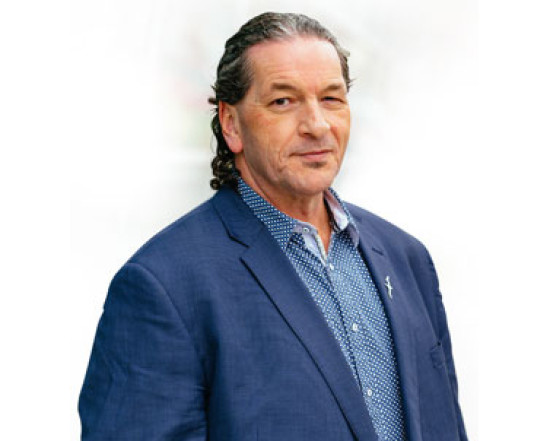
Tuari Potiki, Chairperson
Tuari Potiki has been extensively involved in the Māori health, mental health, education and justice sectors for over 25 years. He is currently the Director of Māori Development, Otago University.
He has worked in a number of different roles as a Māori alcohol and drug clinician and tutor before moving into management roles in both the public and non-government sector.
From 1994 – 1997 Tuari managed the Taha Māori programme at Queen Mary Hospital, Hanmer Springs before moving to the Community AOD Service in Christchurch, where he helped establish a Whānau Clinic for Māori clients and a Māori Methadone programme.
He has served on the boards of Southern District Health, Canterbury District Health, the Canterbury Community Trust, Ngāi Tahu’s Health and Social Service agency, He Oranga Pounamu, and Whānau Ora Independent Reference Group.
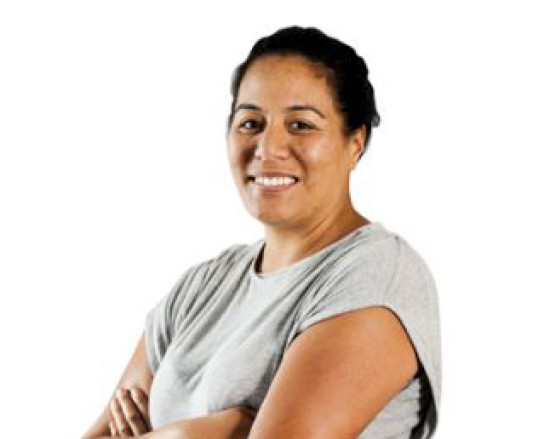
Anna Jacob, Deputy Chair
Social Intrapreneur, The Southern Initiative.
Anna’s working career has always had a focus on people. She has worked in a range of inter-related fields including youth work, public health, community development and in most recent years, social innovation in local government. In her spare time, Anna enjoys playing tennis, working on small business plans with her husband and travelling to the Cook Islands to spend time with family.
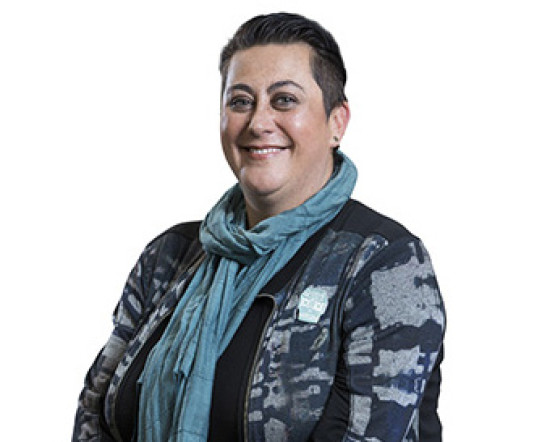
Khylee Quince (Ngāpuhi and Ngati Porou)
Associate professor and Dean of Law at Auckland University of Technology
Khyee is the first dean of law of Māori descent at a New Zealand university, and has nearly 20 years’ experience teaching and researching criminal law, youth justice, and Māori and the criminal justice system.
She is the author of “Youth Justice in New Zealand” and in 2014 was the recipient of a National Tertiary Teaching Excellence Award for Sustained Excellence. Khylee has extensive governance experience at local and national levels. Outside of her work, she is a mother of three, a sci-fi Star Wars and Doctor Who geek, with a long term addiction to under-performing sports teams, particularly the Warriors and Liverpool Football Club.
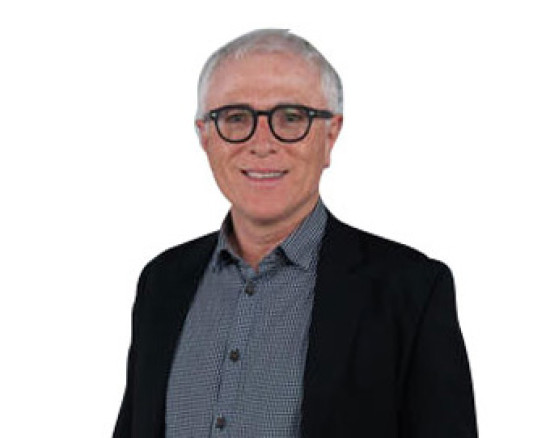
Professor Michael Baker
Professor Michael Baker is a public health physician and Professor in the Department of Public Health at the University of Otago, Wellington where he has worked full-time since 2003.
He has a wide range of public health research interests, with a focus on infectious diseases, environmental health, and improving housing conditions.
Michael’s first project in public health was to assist with establishing the New Zealand Needle Exchange Programme in 1988, which was the first national programme of its type in the world. It contributed to keeping HIV infection at very low levels in the NZ Injecting Drug User population. This experience has given Michael a strong interest in promoting a harm minimisation approach to drug policy.
His work during 2020-21 has been dominated by assisting with the Covid-19 pandemic response. Michael is a member of the Ministry of Health’s Covid-19 Technical Advisory Group (TAG) and has been the leading advocate for the Covid-19 elimination strategy.
Michael’s work in public health, and the Covid-19 response in particular, was recognised by a number of awards including: the Critic and Conscience of Society Award (from Universities New Zealand), being made a Member of the NZ Order of Merit (MNZM), and his selection as the 2020 Wellingtonian of the Year.
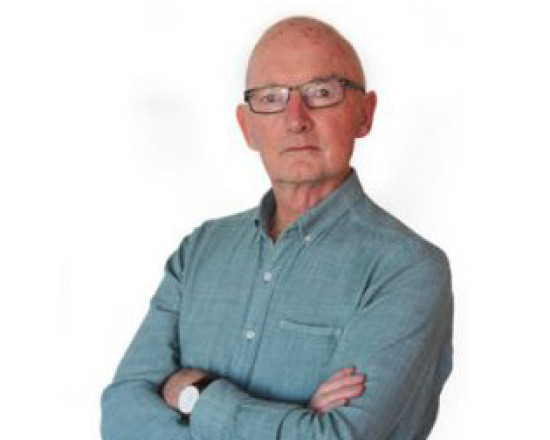
Mike Munro
Mike Munro spent 10 years (1984-94) as a political journalist, six years as Chief Press Secretary in the Prime Minister’s Office under Helen Clark’s Government, 18 months as PM Jacinda Ardern’s chief of staff, 21-2 years as the Treasury’s director of communications and four years as head of corporate affairs for Wellington-based Todd Corporation. He is an experienced political handler, communications planner, media advisor and writer, who during his journalism career spent a decade in the parliamentary press gallery in Wellington as a political correspondent for the New Zealand Herald and The Dominion (now The Dominion Post). He has an excellent appreciation of the realities and rhythms of the NZ media environment.
Born and bred in Taranaki, he's long since settled in Wellington. He and wife Heather have two adult children.
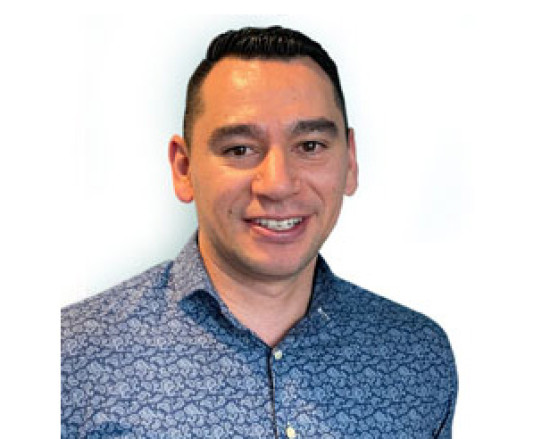
Tangi Noomotu
Tangi Noomotu is a proud Cook Island Māori; his father hails from Mitiaro and his mother is Pākehā. He is equally proud of his Dunedin roots, where he was born and has lived most of his life.
Tangi is currently the Director of The Salvation Army Bridge Services Wellington. He has over ten years' experience as a registered Addiction Practitioner, in both residential and community-based settings, with people of all different ages and backgrounds.
He acknowledges the depth of the difficulties people with substance use harm have experienced, while recognising that change is always possible.
However, he believes that as we focus on the issues, it's too easy to lose sight of the people we are working with and for. Change is not only important for them, it's also important for us as a workforce to constantly reflect on our practices, our policies, and our principles to ensure our services are effective, fitting, and meaningful.
Life members
Professor Sir John Scott (1931 - 2015)
Awarded 2009
Mr Tim Harding
Awarded 2012

